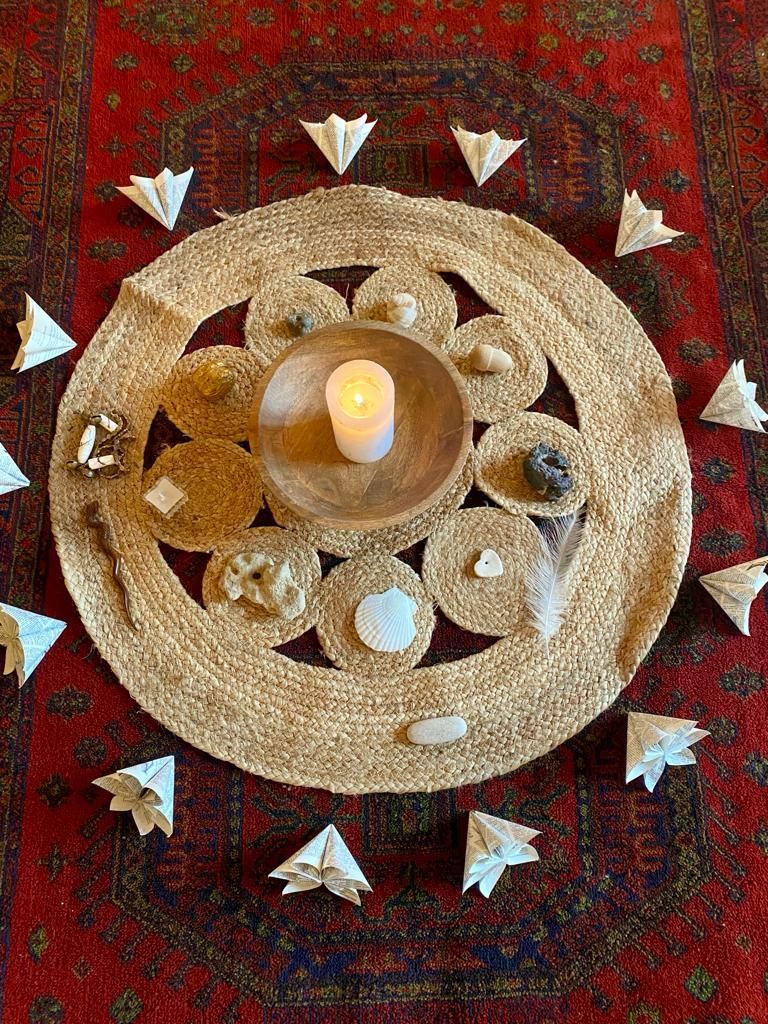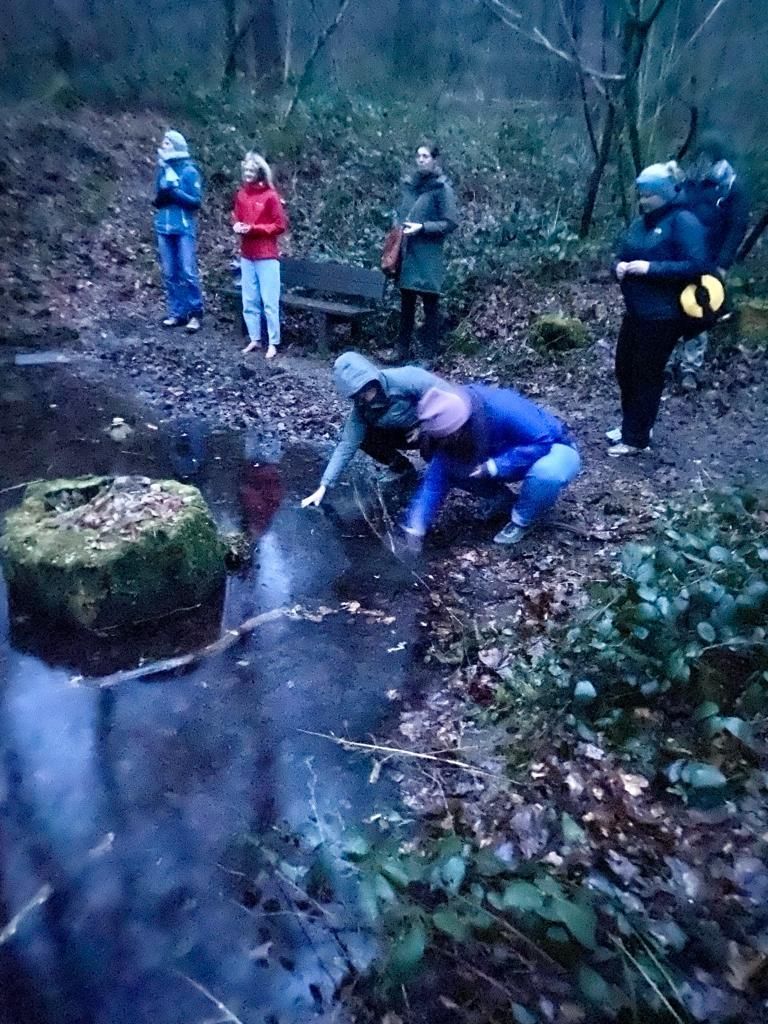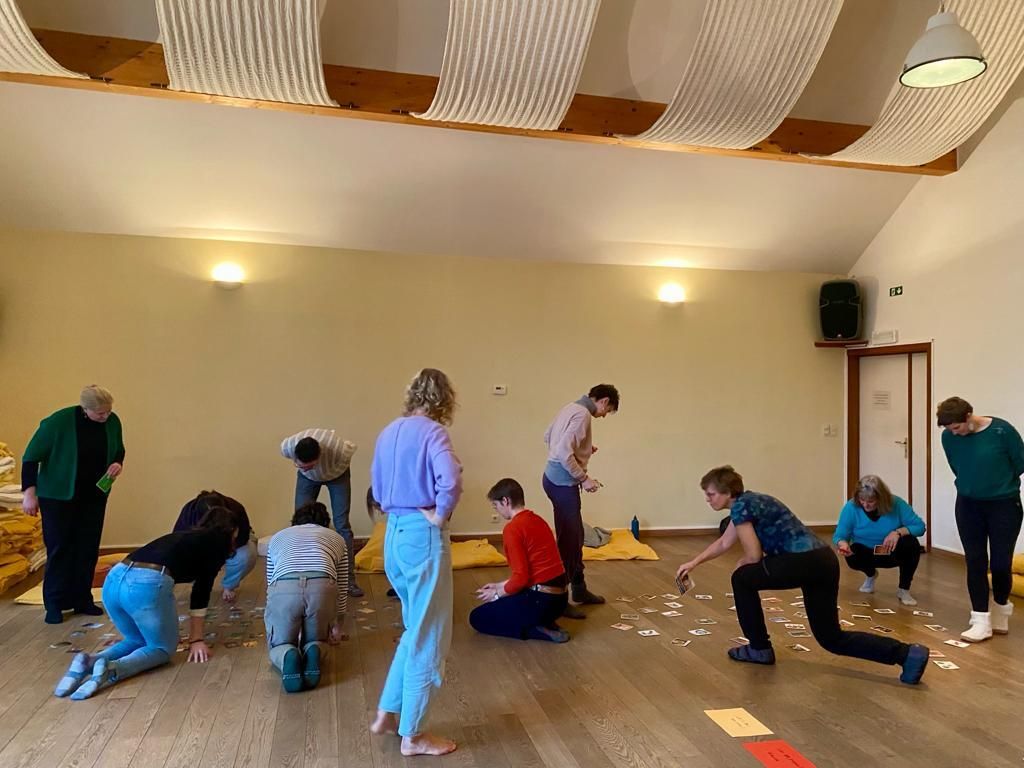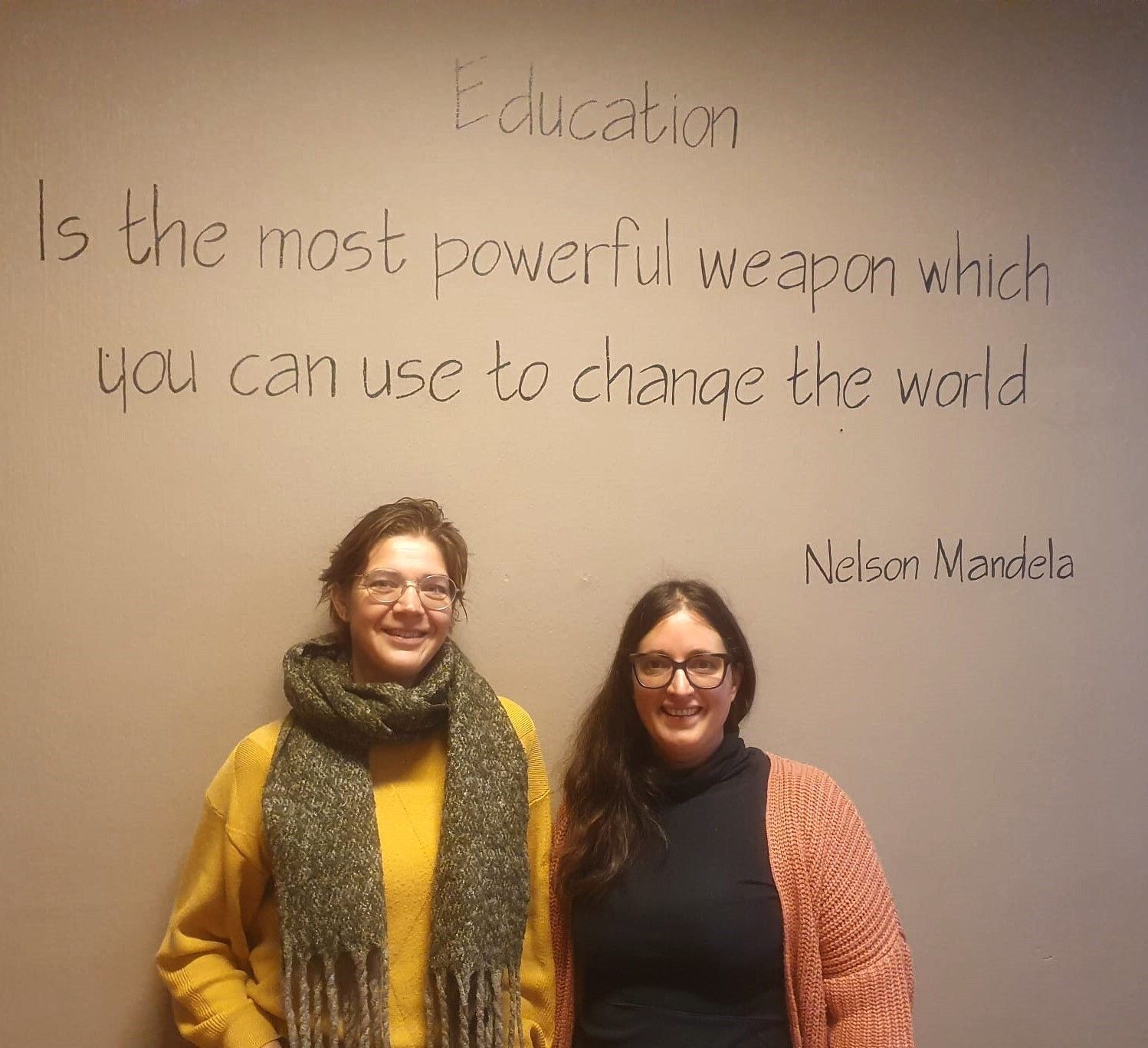From teaching quality to well-being: what do you focus on as a school?

Nele Verdonck is pupils’ coordinator of the Flemish secondary school Dalthonatheneum Het Leerlabo. Together with her principal Hilde Raets, she participates in the LIFE project. "Over the past few years, Hilde and I have focused on more connection within the school team and more room for authenticity. That was an intense journey. So the LIFE project came at a very good time, because re-energizing once in a while is much needed!"
You started in a school with a lot of challenges. Behavioural problems among pupils, a feeling of helplessness among the teaching staff ... What is the situation like now?
Nele: "Better. Four years ago, the teaching team felt almost powerless. They had the feeling they were not in control of the pupils and felt the need for tools. So we started working with the principles of New Authority and Nonviolent Resistance. Is a pupil exhibiting transgressive behaviour? Then we will still put an end to it, but we do not immediately put the focus on punishment. We make time to ask: where is this behaviour coming from ? And we make it clear to the student: your behaviour was not OK, but you as a person are."
"At the same time, Principal Hilde was also looking for ways to create more connection with and between teachers. A major breach of trust had grown in the years before. Teachers felt that important decisions were being taken over their heads. Hilde sat down with the teaching team and they looked for ways to shape the school together. That process resulted in more motivated teachers. Note: we still face resistance, we still bump into obstacles. But the process is easier because we are working from a certain authenticity."
To what extent does the LIFE project tie in with the movement you and your school have made in recent years?
"During the LIFE journey, we make time to search for who we are as teachers, as principals. That search is important, especially because there are always different processes going on in the school, which sometimes makes it difficult to keep have an overview. Strengthening teaching quality, focusing on pupils' well-being, making school together with teachers: which challenge should you focus on? How do you know you are doing the right thing? Hilde and I think it is important to regularly reflect on such questions."
"If I preach that pupils should take good care of themselves, but at the same time I’m constantly creating impossible expectations for myself: then I’m giving a conflicting message to the pupils, right?
"Moreover with LIFE we search for who we are as a person, independent of outside expectations. That search is also relevant to your job. As coordinator, I try to impart certain values to my pupils. But am I acting in accordance with the values I want to convey? If, on the one hand, I preach that pupils should take good care of themselves, but at the same time I’m constantly creating impossible expectations for myself: then I’m giving a conflicting message to the pupils, right?"
In January, you went on a retreat in the Ardennes with the other Belgian participants of LIFE. What has impressed you?
"The focus on rituals. I am very down-to-earth and when I heard that we would participate in a fire ceremony and symbolic resourcing, I was worried that the retreat would become very floaty. But those fears were unjustified: the rituals were beautiful and enriching. They allowed us to distance ourselves from everyday worries and shift our focus to ourselves. Who am I? What is important for me? What is the meaning of life for me?"
"During the retreat, I experienced how important sense of belonging is for me: the feeling of belonging somewhere. The participants often struggled with the same questions and were willing to dig deep to find out exactly what our role is within education. That sense of belonging strengthened me in the idea that community building plays an important role in the meaning of life. And on that aspect of community building I want to continue to focus in the coming years, both inside and outside the workspace. Because I fear that we are losing that aspect somewhat in our society."
LIFE runs until early 2025. What elements from LIFE are you already integrating - in your life or work?
"I try to make time for introspection. That’s definitely not easy, because you quickly get absorbed in the delusion of the day. That is why I try to make time for it when I am outside: during a walk in nature or on my bike on the way to school. Nature lends itself to recharge anyway."
"In addition, Hilde and I also regularly make time to question things. For example, if we hear that there are frustrations among colleagues, we look at how we can tackle the situation together. Because if we let the frustrations simmer under the surface, what are we giving our teachers? And what do we live out to our young people? Those questions prompt us to look for an appropriate approach."
"But it's still balancing on a tightrope, that search for focus. On the one hand, you work in a school and want to teach pupils knowledge and skills. But at the same time, you are also working with people, with human behaviour. And there is no fixed way that tells us exactly how to find that balance. It is still a matter of feeling and adjusting. Always."

Funded by the European Union. Views and opinions expressed are however those of the author(s) only and do not necessarily reflect those of the European Union or the European Education and Culture Executive Agency (EACEA). Neither the European Union nor EACEA can be held responsible for them.


